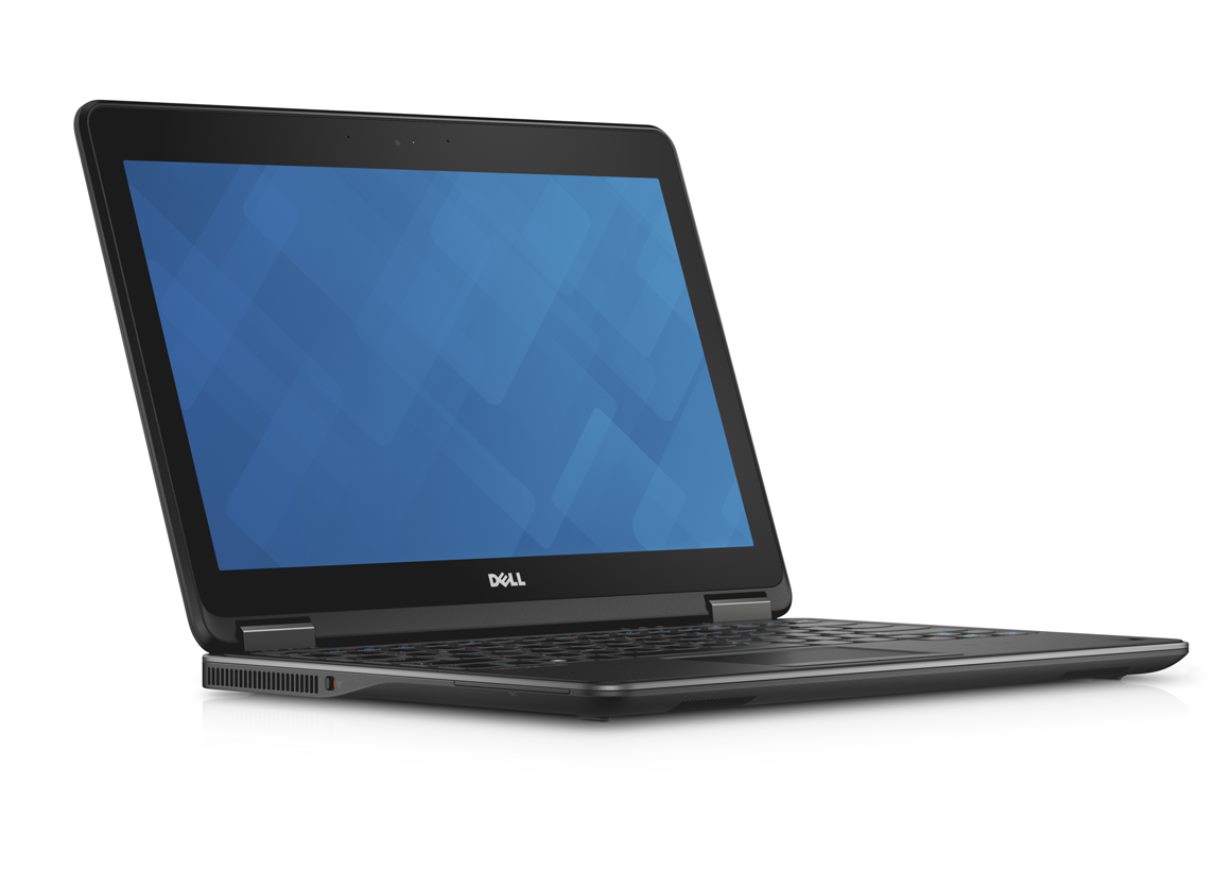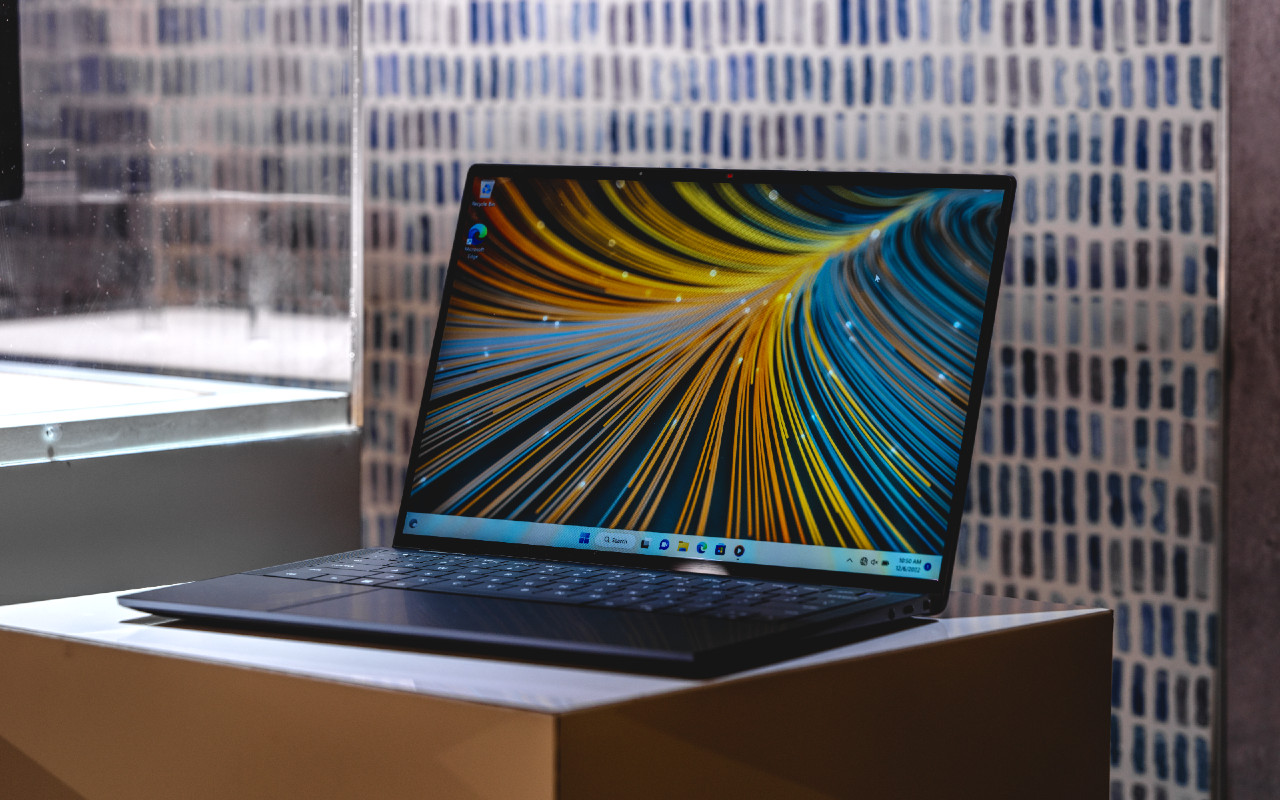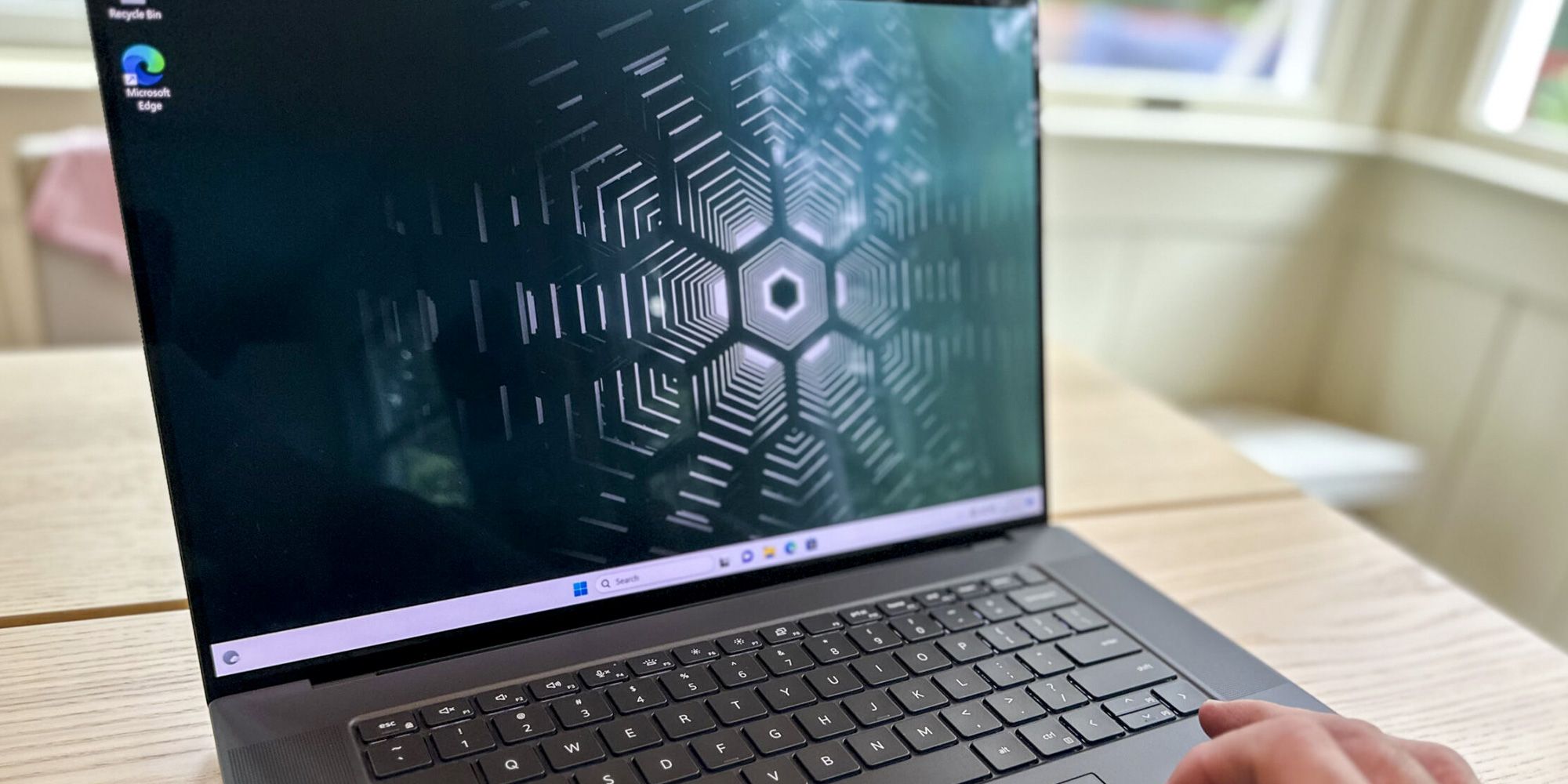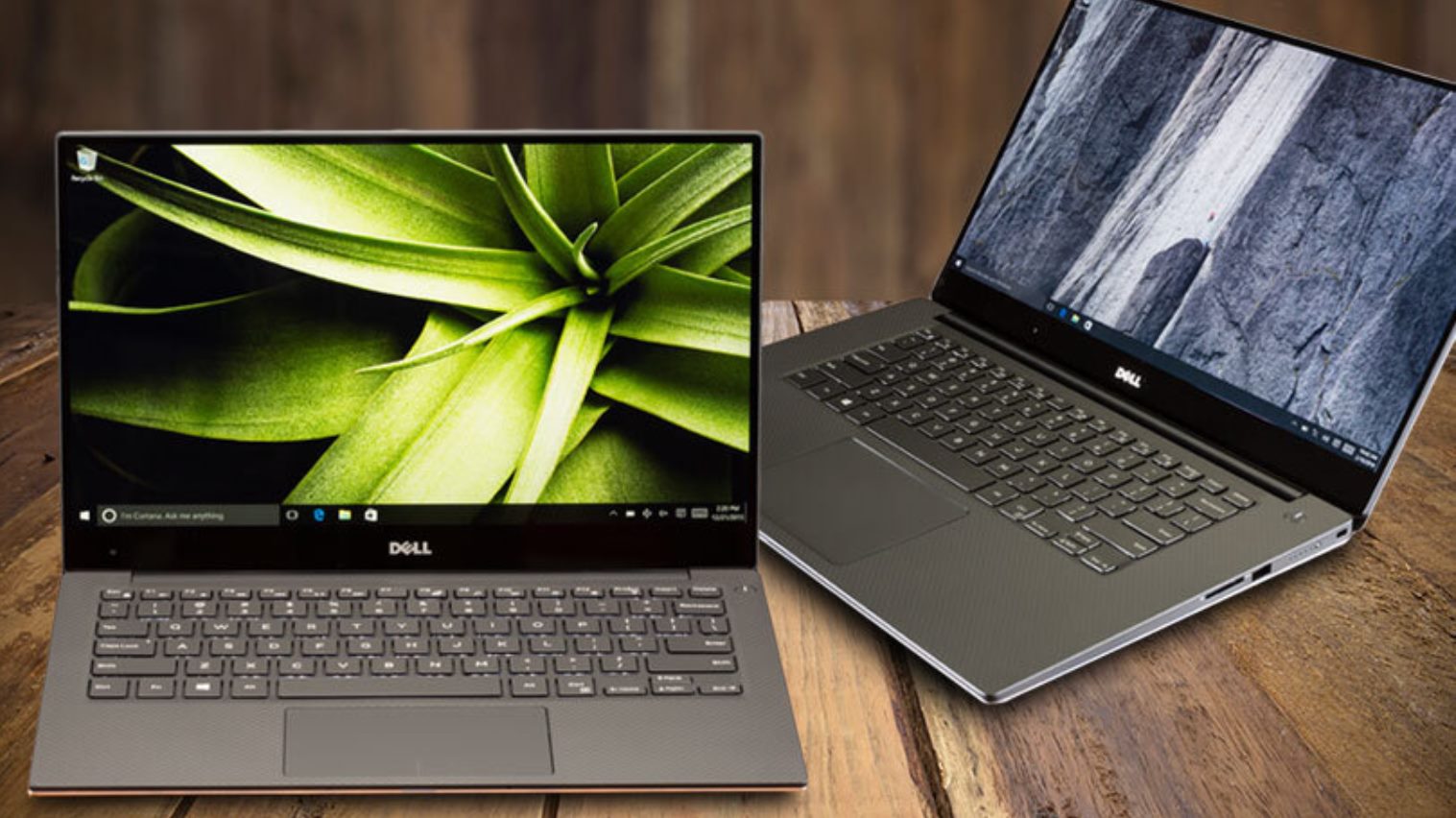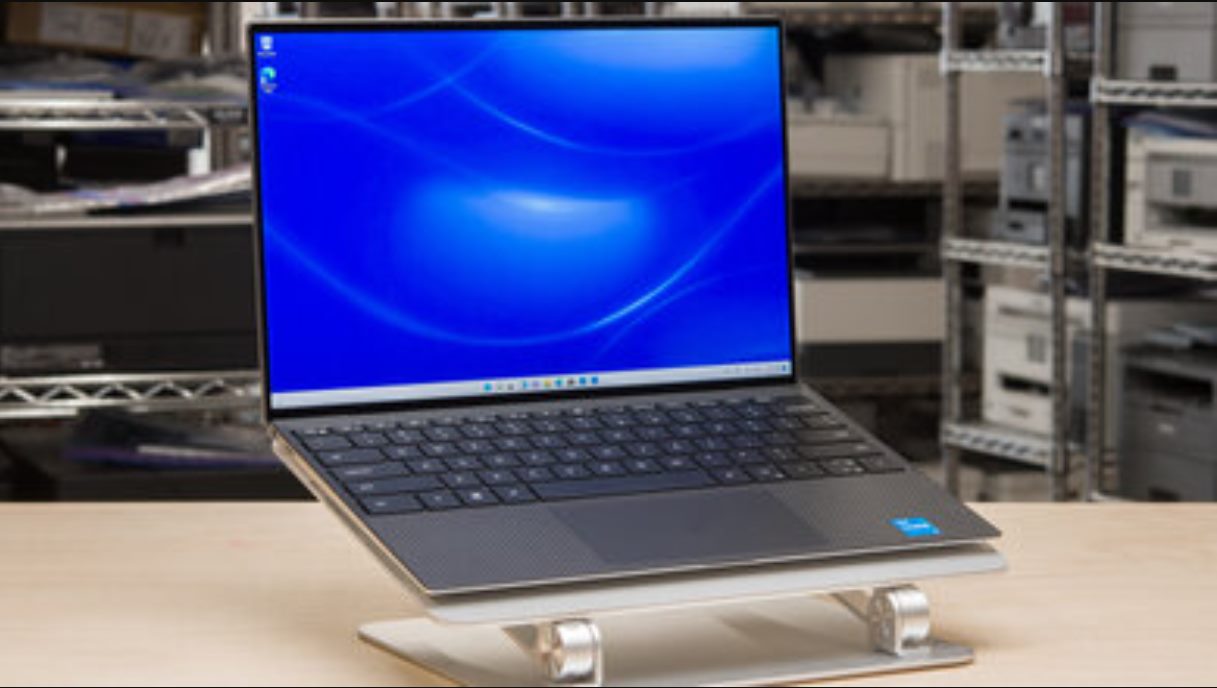French small launch developer Latitude has successfully closed a $30 million Series B funding round as it prepares for the maiden flight of its Zephyr rocket in 2025. The company is taking a unique approach in the space industry by focusing on lightweight, small, and cost-effective rockets, aiming to gain a competitive edge.
Key Takeaway
Latitude’s successful funding round of $30 million will drive the development of its lightweight Zephyr rocket, positioning the company to compete in the evolving space launch industry while contributing to the growth of Europe’s native launch capabilities.
Lightweight and Efficient Rocket Design
Latitude’s Zephyr rocket, standing at just 62 feet, is designed to deliver payloads of up to 100 kilograms to low Earth orbit. This contrasts with larger rockets like SpaceX’s Falcon 9, which has a significantly higher payload capacity. The Zephyr rocket will be powered by eight 3D-printed engines known as Navier, developed in-house by Latitude.
Future Plans and Expansion
CEO and cofounder Stanislas Maximin emphasized that 2024 will be a crucial year for the company as it progresses towards the anticipated first flight of the Zephyr rocket in 2025. The newly secured funding will be instrumental in advancing the development of an enhanced version of the Zephyr, capable of carrying 200 kilograms of payload by 2028. Additionally, the funding will facilitate the establishment of a new assembly line, further testing, and expansion of the company’s team, which currently comprises over 100 individuals.
Investor Support and Industry Impact
Notable investors in this funding round include Crédit Mutuel Innovation, Expansion, Bpifrance via DeepTech 2030, UI Investissement, Blast.club, Kima Ventures, and undisclosed individual investors. With this latest funding, Latitude has raised nearly $55 million to date. The company’s innovative approach aligns with the broader efforts of European launch startups to enhance the continent’s launch capabilities, addressing the delays in next-generation rockets such as Arianespace’s Ariane 6.
Government Backing and Industry Growth
Latitude is also benefiting from the support of the French government, which is actively working to bolster the country’s space industry. The DeepTech 2030 fund, with a focus on investing over 50 billion euros, aims to stimulate France’s deep tech ecosystem, providing further momentum for companies like Latitude.










